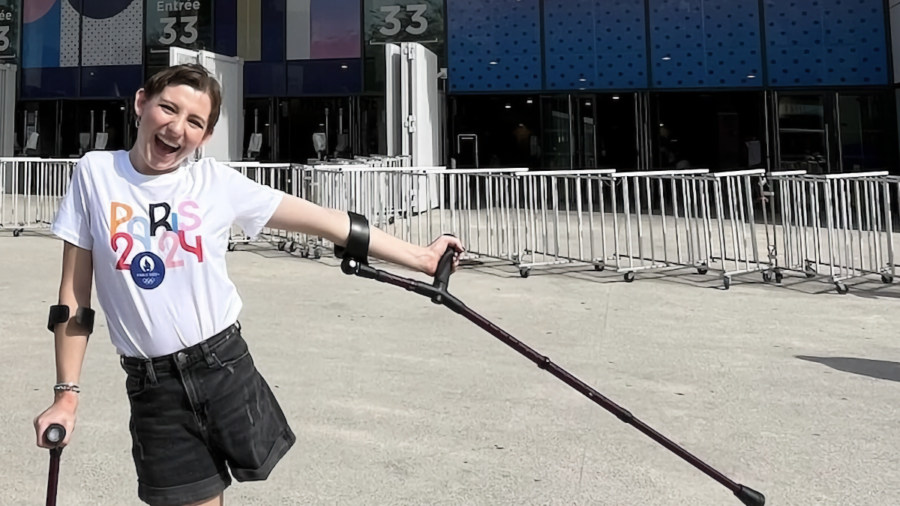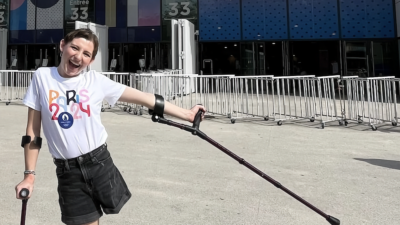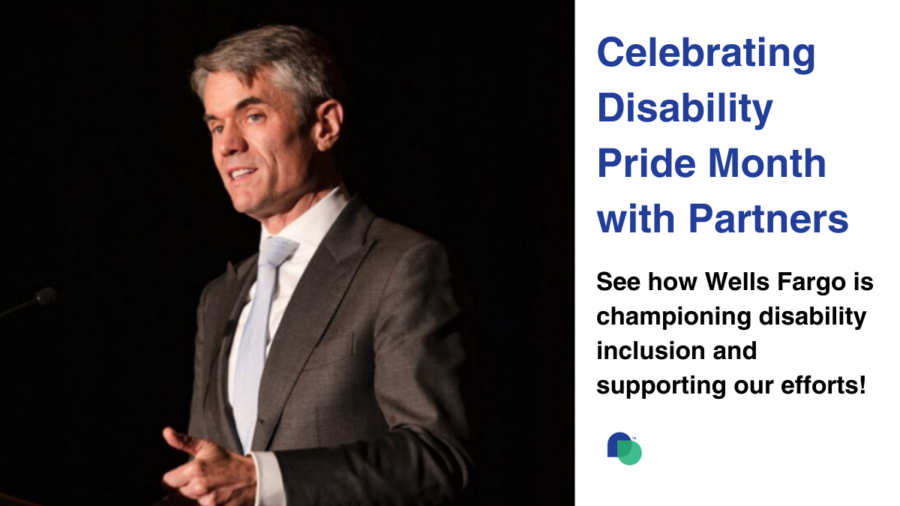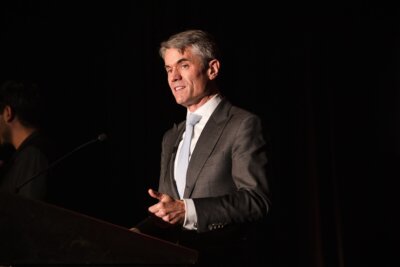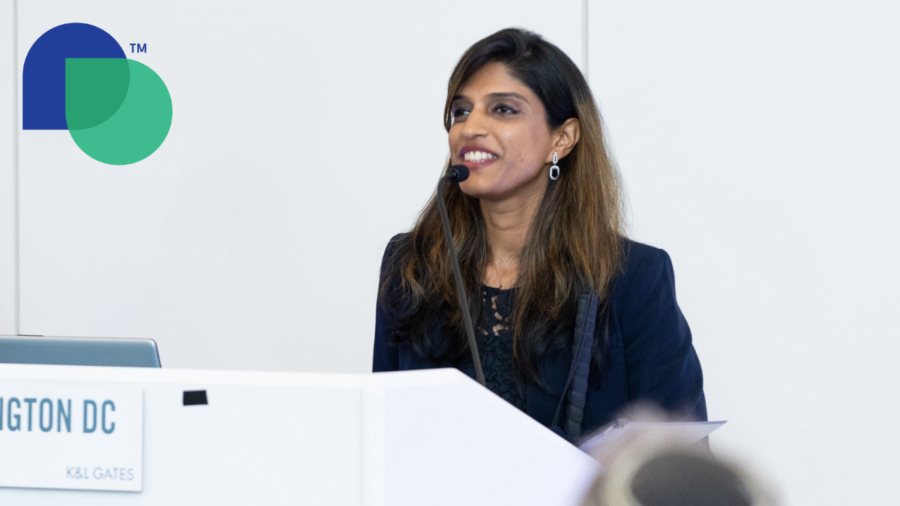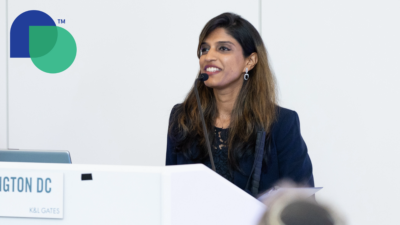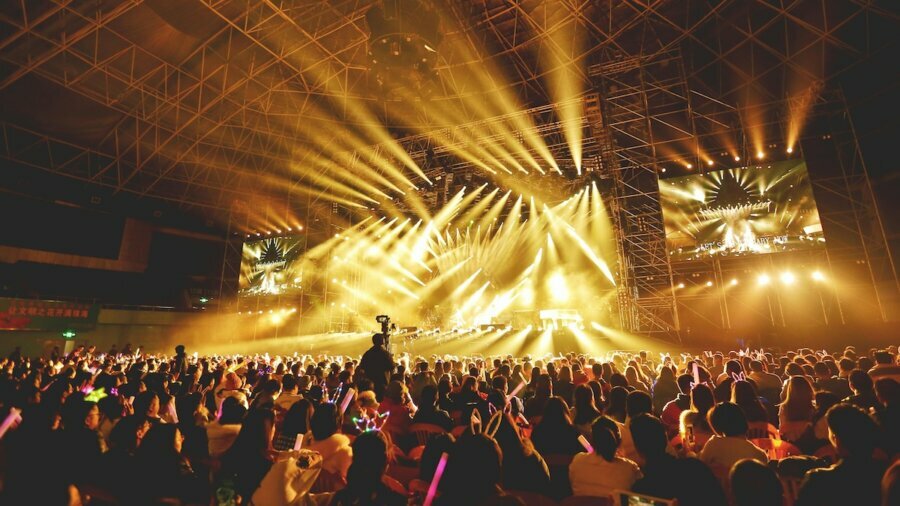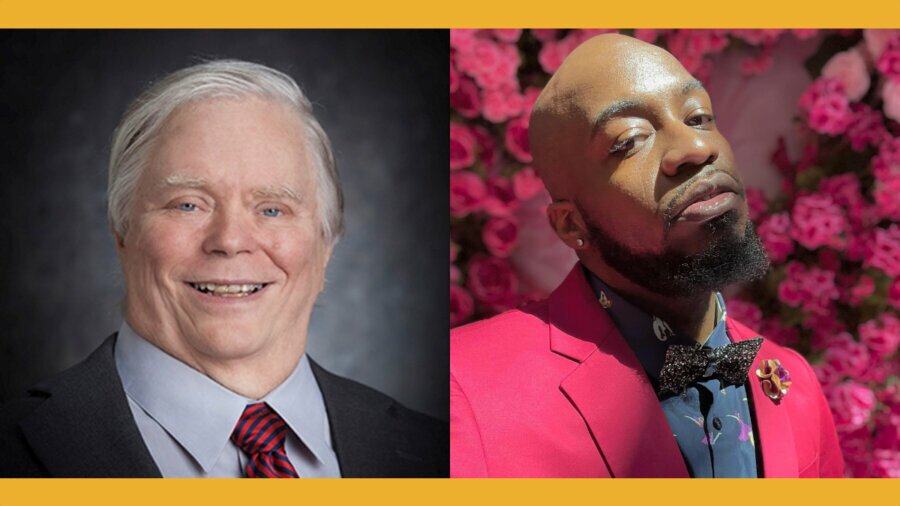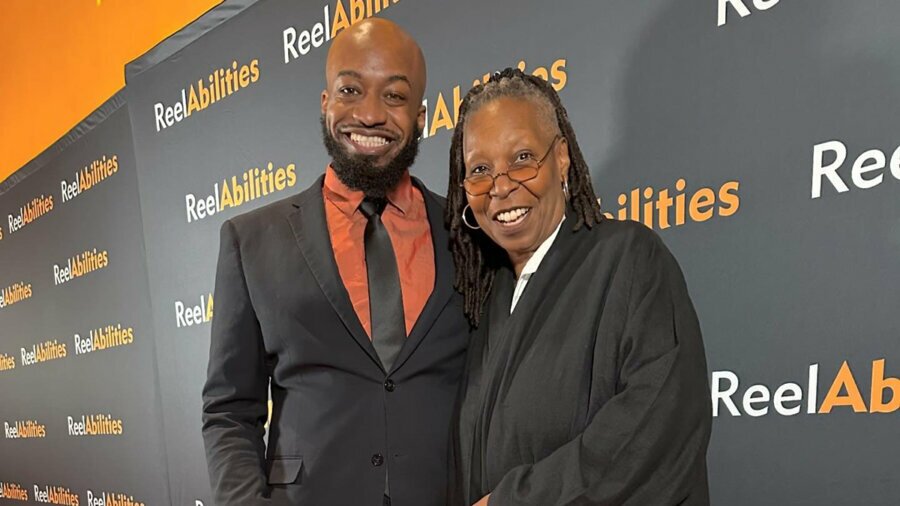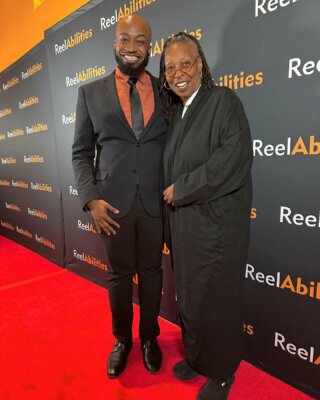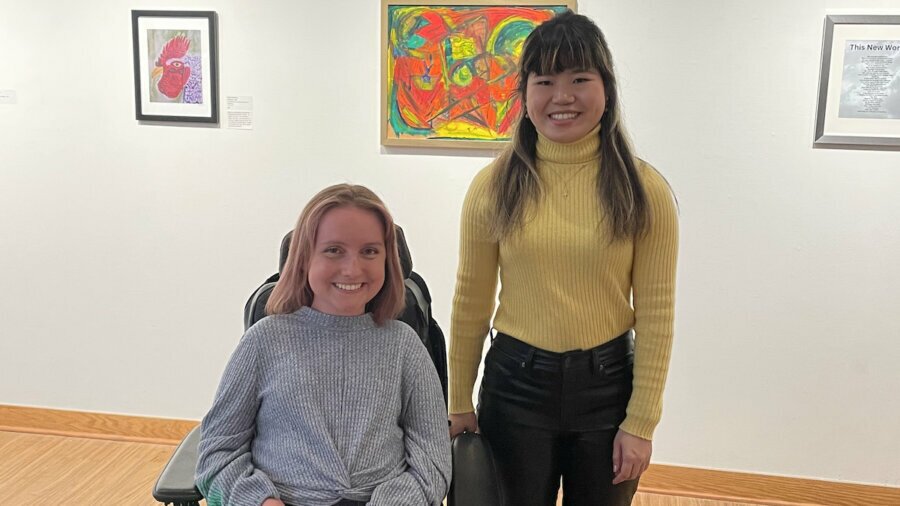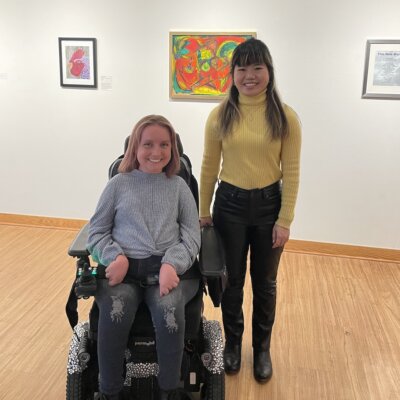Many know book titles such as the “Bicentennial Man” or George Lucas’ “Star Wars,” but may not have heard about Judy Lynn del Rey. Del Rey was an editor and publisher that was instrumental in these two books as well as 65 other best sellers. Del Rey, who was born with dwarfism, started working at Galaxy Fiction and worked her way up to managing editor and then moved along to Ballantine Books and became vice president. In 1977, Del Rey received her own publishing company named Del Rey books and continued her triumph in the science fiction world through her critical feedback on the plot, language, and characters.
Del Rey’s life is the latest subject of “American Masters: Renegades,” a documentary series showcasing the lives and cultural contributions of little-known historical figures with disabilities. Each short is 12-minutes long and shines the spotlight on one individual. [continue reading…]



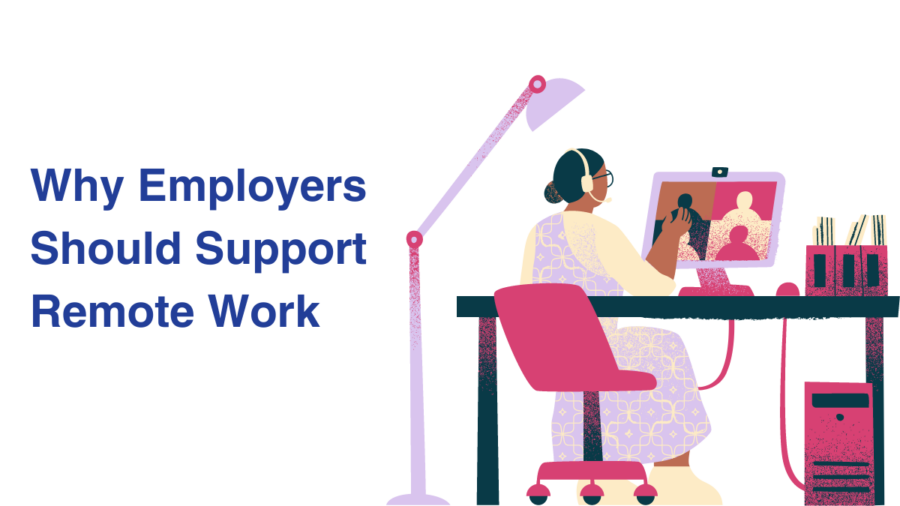
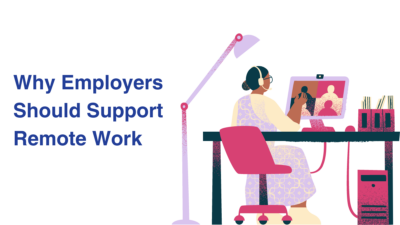 During National Disability Employment Awareness Month (NDEAM), it is important to understand the benefits of remote work for disabled job seekers and employees to create “Access to Good Jobs for All.”
During National Disability Employment Awareness Month (NDEAM), it is important to understand the benefits of remote work for disabled job seekers and employees to create “Access to Good Jobs for All.”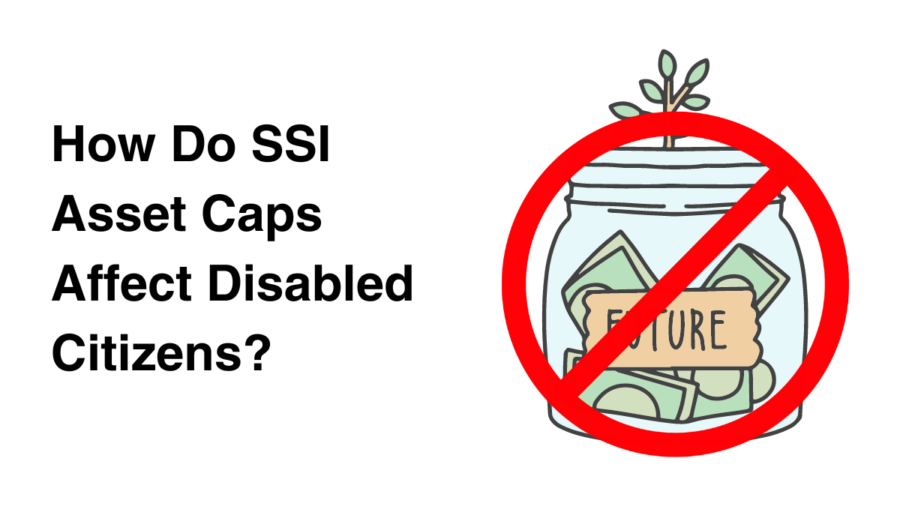
 Assets are defined as the resources you own, including cash, money in checking or savings, cash surrender value, stocks and bonds, cars, and real estate. Under Supplemental Security Income (SSI), individuals cannot exceed an asset cap of $2,000, while married couples have a cap of $3,000.
Assets are defined as the resources you own, including cash, money in checking or savings, cash surrender value, stocks and bonds, cars, and real estate. Under Supplemental Security Income (SSI), individuals cannot exceed an asset cap of $2,000, while married couples have a cap of $3,000.